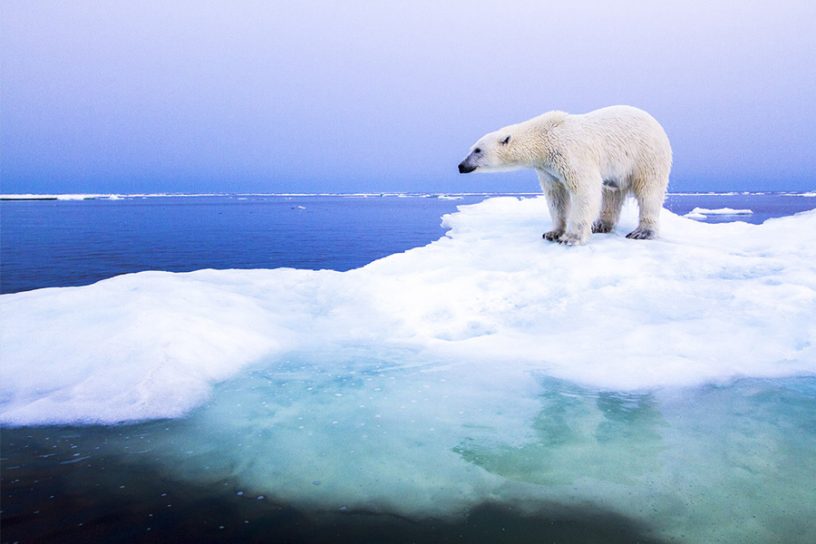
All Arctic nations should work together to stop the unprecedented Arctic ice cap melting and protect the habitat, instead of fighting over its control, say the authors.
Authors
Abhiroop Chowdhury, Associate Professor, Jindal School of Environment & Sustainability, O.P. Jindal Global University, Sonipat, Haryana.
Armin Rosencranz, Professor and Dean, Jindal School of Environment & Sustainability, O.P. Jindal Global University, Sonipat, Haryana, India.
Aliya Naz, Independent Researcher.
Summary
Climate change and global warming are among the foremost concerns of this era. The earth is losing its polar ice caps at an unprecedented rate. Instead of finding solutions to avert this crisis, major world players are fighting to control and exploit the untapped hydrocarbon reserves of the Arctic.
Global warming is a major concern of this century. The earth’s temperature has increased by 0.08 degree Celsius per decade since the advent of the industrial revolution. The ‘Heat dome’ over the Pacific Northwest and parts of Canada, formed during the summer of 2021, has resulted in the suffering of millions. Globally, 37 per cent of all heat-related deaths between 1981 and 2018 have been due to global warming. NASA reported that the decadal loss of Arctic ice was 13.1 per cent between 1981 and 2010. Scientific investigators recorded the lowest ice concentration in the Arctic in August 2020.
The only option available to combat this crisis is reducing global GHG emissions. There was a brief drop in emissions during 2020 due to Covid-related lockdowns. But these changes are brief and temporary. Oil demands are predicted to rise by 5 million barrels per day during the second half of 2021.
To make the situation even worse, there has been a battle over control of hydrocarbons made accessible by the melting of Arctic ice caps. According to rules set down by the United Nations Convention on the Law of the Sea (UNCLOS), Arctic-bordering nations can claim 22 km as their territorial waters. Another 370 km from their coasts can be treated as their ‘Exclusive Economic Zone.’ Beyond that point, the sea area is regarded as ‘international waters’ that could be conserved as the common heritage of humankind.
Published in: The Statesman
To read the full article, please click here.


